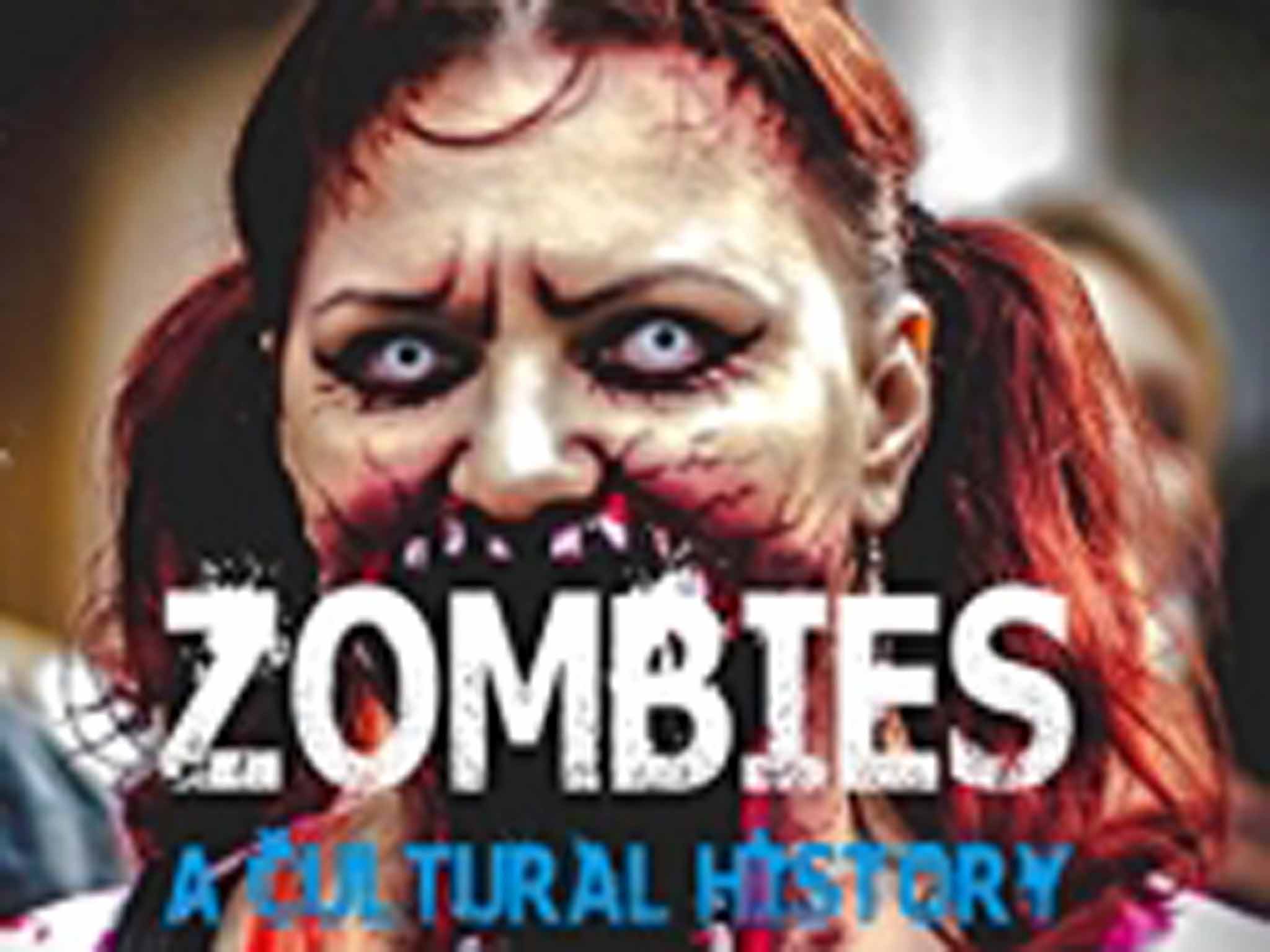Zombies: A Cultural History, by Roger Luckhurst - book review: Fun tribute gives walking dead new lease of life
The book shows how the Haitian supernatural element has been abandoned in favour of viral contagion, a product of the interconnectedness of the modern world

Your support helps us to tell the story
From reproductive rights to climate change to Big Tech, The Independent is on the ground when the story is developing. Whether it's investigating the financials of Elon Musk's pro-Trump PAC or producing our latest documentary, 'The A Word', which shines a light on the American women fighting for reproductive rights, we know how important it is to parse out the facts from the messaging.
At such a critical moment in US history, we need reporters on the ground. Your donation allows us to keep sending journalists to speak to both sides of the story.
The Independent is trusted by Americans across the entire political spectrum. And unlike many other quality news outlets, we choose not to lock Americans out of our reporting and analysis with paywalls. We believe quality journalism should be available to everyone, paid for by those who can afford it.
Your support makes all the difference.In the early 19th century the threat to the natural order was from men of science like Dr Frankenstein; by 1897 it was the aristocratic bloodsucker Count Dracula. The democratic late 20th century created its own terror, the “zombie nation”, an unthinking army of ghouls with nothing but a blind urge to devour. Welcome to the horror of the present day: it's us, only dead.
Professor Roger Luckhurst has previously worked on Victorian psychics. Now he turns his mind to the undead, seeing zombies as offering a distinctly modern contribution. They have shuffled their way into modern culture not only in entertainment, but in such mainstream terms for the loss of agency as zombie government and zombie economics.
Luckhurst traces the beginnings of the zombie to the slave trade from Africa to the Caribbean. He gives a key role to the 1915-34 American occupation of Haiti in bringing the US into contact with a bewitching alien culture, where the supposed zombification by potions was so well known it was forbidden in a clause of the penal code. Haiti was sensationalised by the US writers William Seabrook and Zora Neale Hurston who mixed voodoo, cannibalism and zombification in an expose of savage otherness.
The film genre started with Victor Halperin's White Zombie of 1932 inaugurating the “disreputable B-movie life” of the zombie. The second half of the 20th century saw a major change in zombie culture: they were no longer the pitiful, lone slave under a single master. They became an anonymous mass of the reanimated dead, a shift Luckhurst associates with post-1945 awareness of genocide and the threat of nuclear war.
The modern zombie can be dated to the last third of the 20th century with the release of George Romero's Night of the Living Dead. This was produced by a group of film industry outsiders in Pittsburgh at nights and on weekends with investors playing parts.
Romero followed it with Dawn of the Dead in 1978 where the full mass horror of the zombies is opposed by a small group of survivors with suicidal strategies. Luckhurst indicates that the zombie horde roaming a shopping mall had become the emblem of globalised hyper-capitalism.
Latterly, with such franchises as the successful video game Resident Evil, the Haitian supernatural element has been abandoned altogether in favour of viral contagion – a product of the interconnectedness of the modern world.
Luckhurst tells the sinuous tale of the life of the zombie with evident glee in a book that is academically valid, but fun to read.
Reaktion, £16. Order for £14.40 (free p&p) from the Independent Bookshop: 08430 600 030
Join our commenting forum
Join thought-provoking conversations, follow other Independent readers and see their replies
Comments